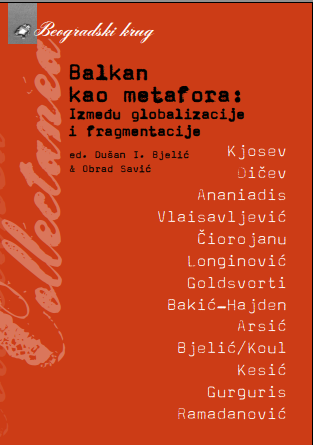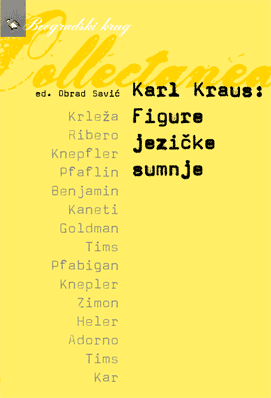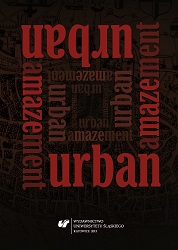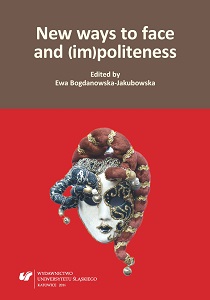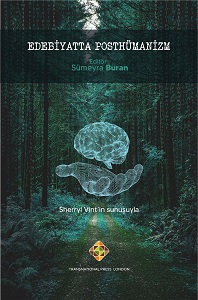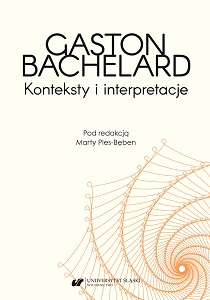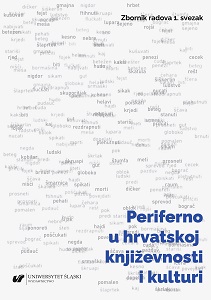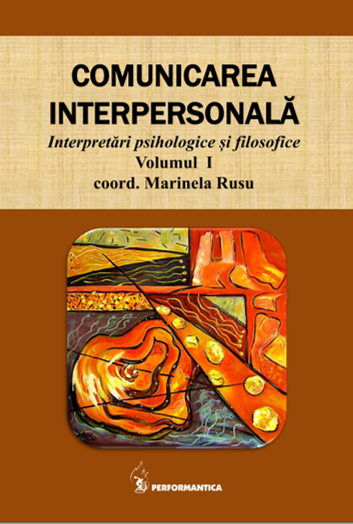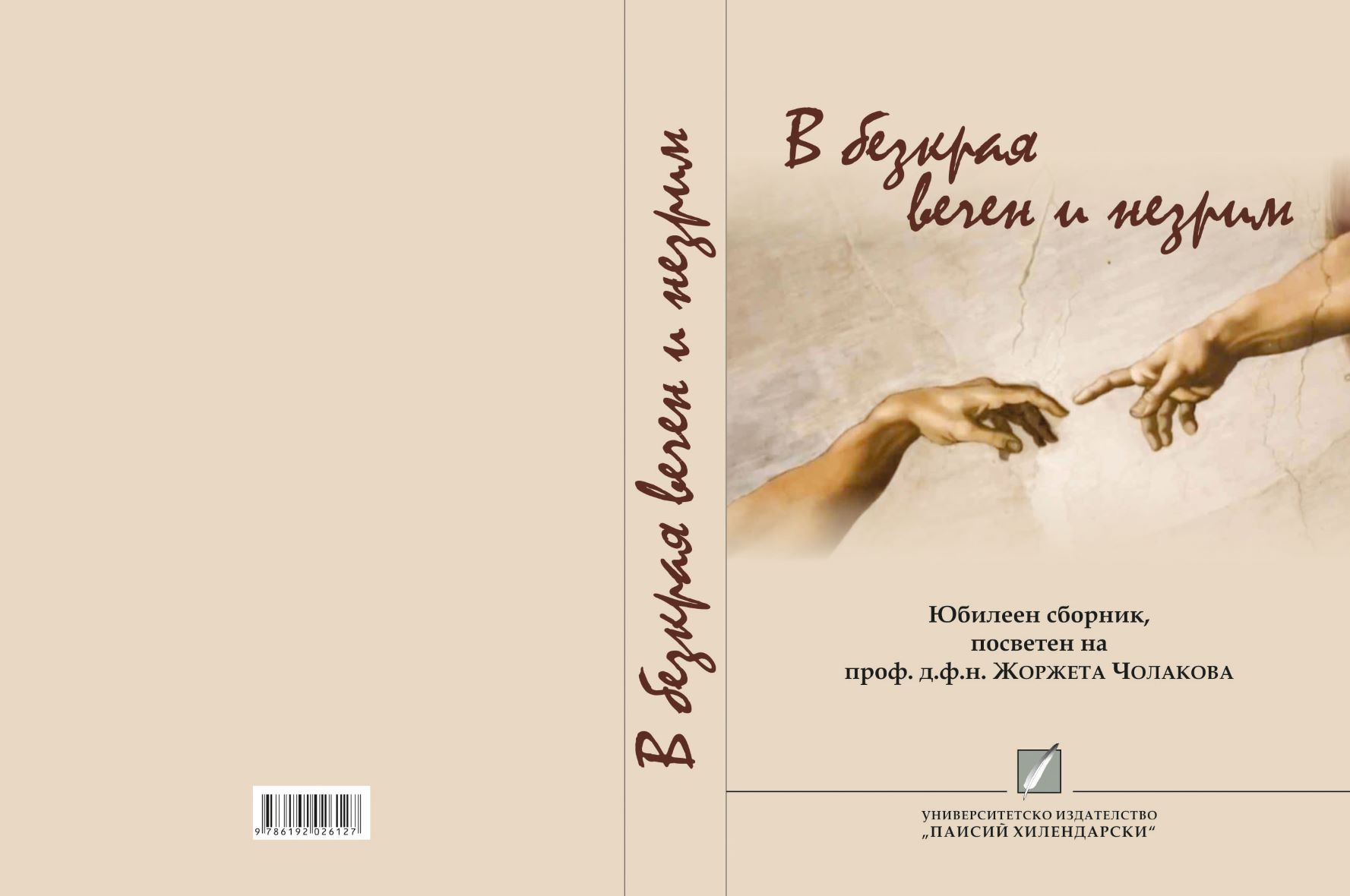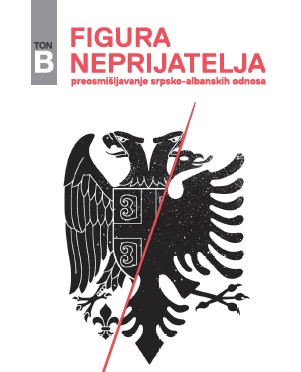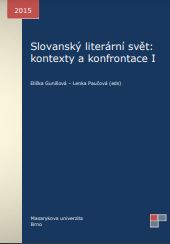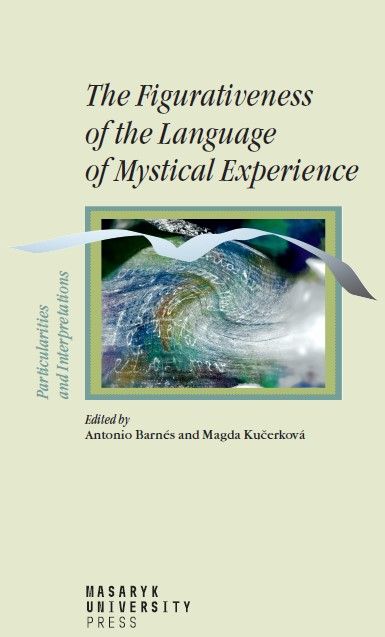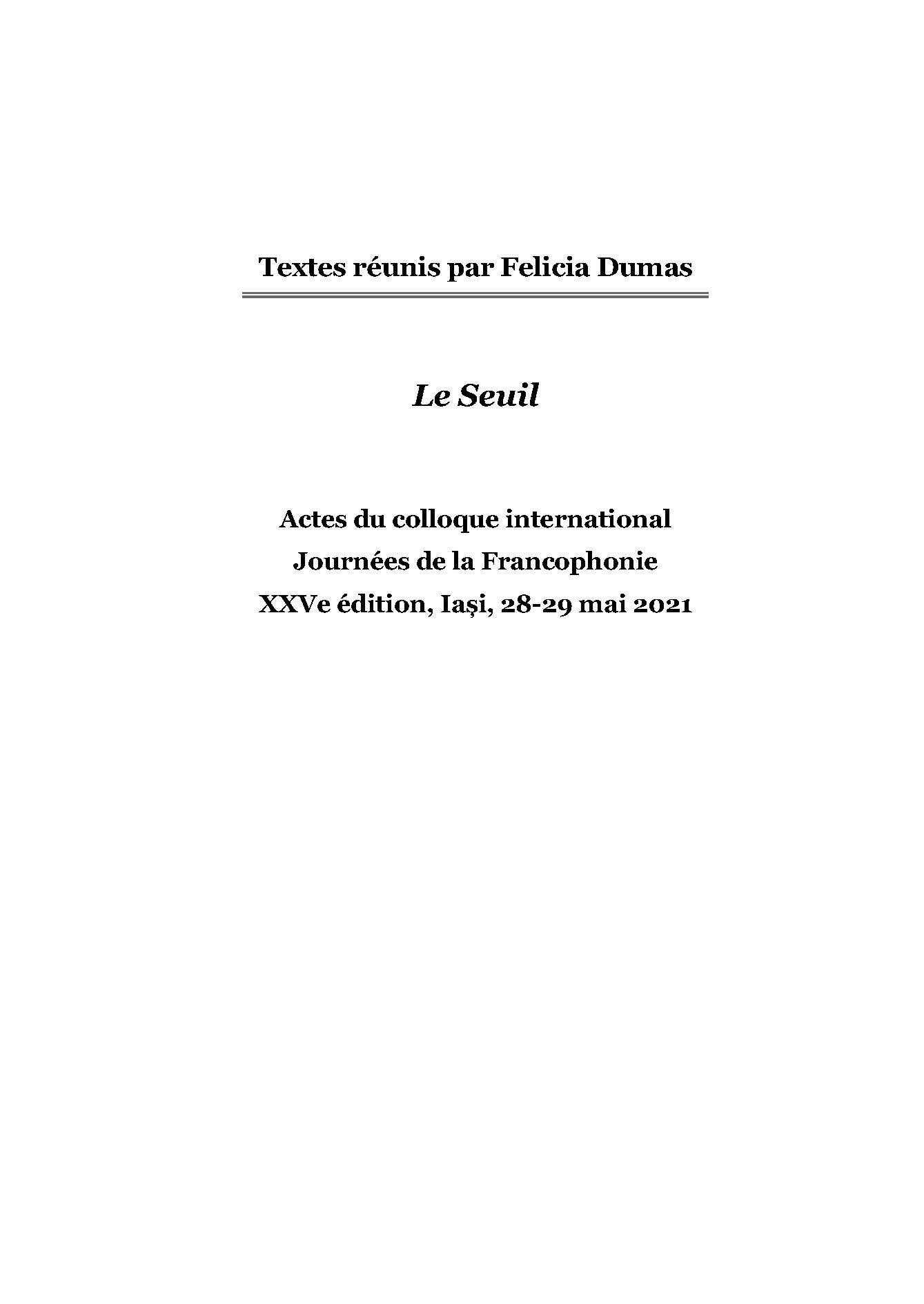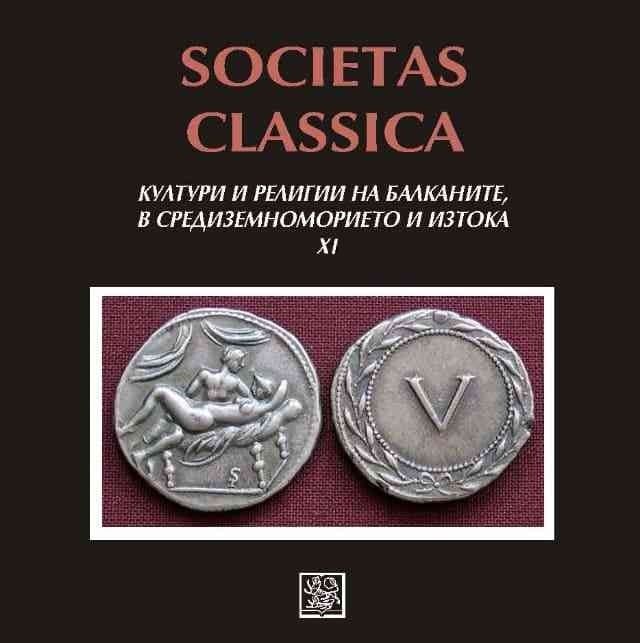Author(s): Anton Berishaj / Language(s): Serbian
Publication Year: 0
This essay offers theoretical and explanatory model of the literary war discourse, which is described thorough its three seminal features: 1. Literary war discourse is a discourse that by necessity creates special referential relations with a particular contexts, that is with the real and symbolic power, politics and its actors, by way of replicating textual functions into context and particular rhetorical and semantic strategies, and thus by establishing a specific model of communication; 2. Literary war discourse is pervasive – in itself, under “its aegis”, it can encompass particular discourses – theoretical, religious, scientific, legal, politico-historical etc. Literary war discourse, as the war discourse in general, appears as overarching discourse, aiming (and to the large extend succeeding) to reach even to the infinitesimal point of communicational space – and one which rules this space excluding the Other from it, depriving the Other actors and Different discursive action (that would enable for the projection and creation of different political decisions) from their space; 3. Literary war discourse is a cannibalistic discourse – discourse that symbolically eats its “subject”, as well as other texts and discursive subjects whose decisions do not belong to the field of war discourse, by creating a pervasive referential framework (Goodman, 1978), always, of course, taken in the relations and functional proportions under 1 and 2. The real “subject” of this discourse is the destruction of Other, devouring the life of Others and finding jouissance and eros (Barthes, 1975) in that “devouring”.
More...
